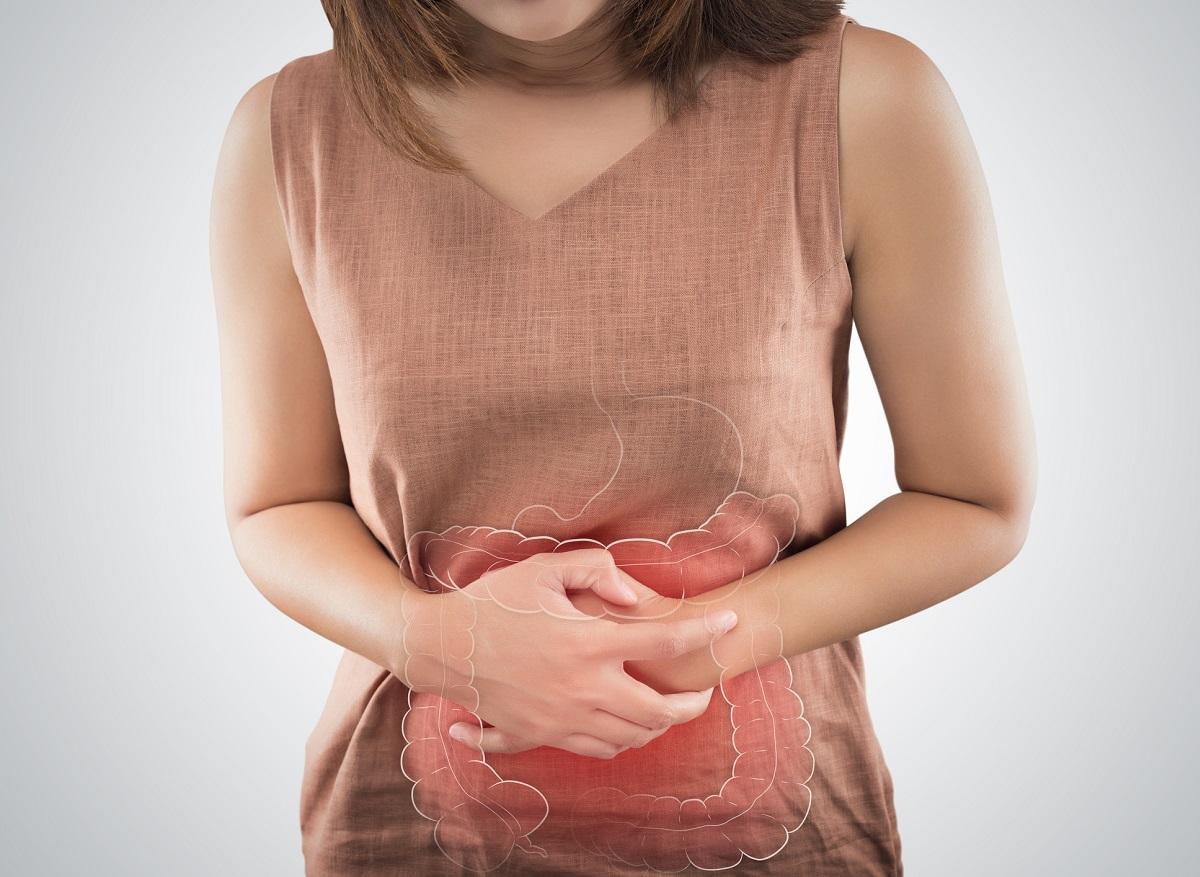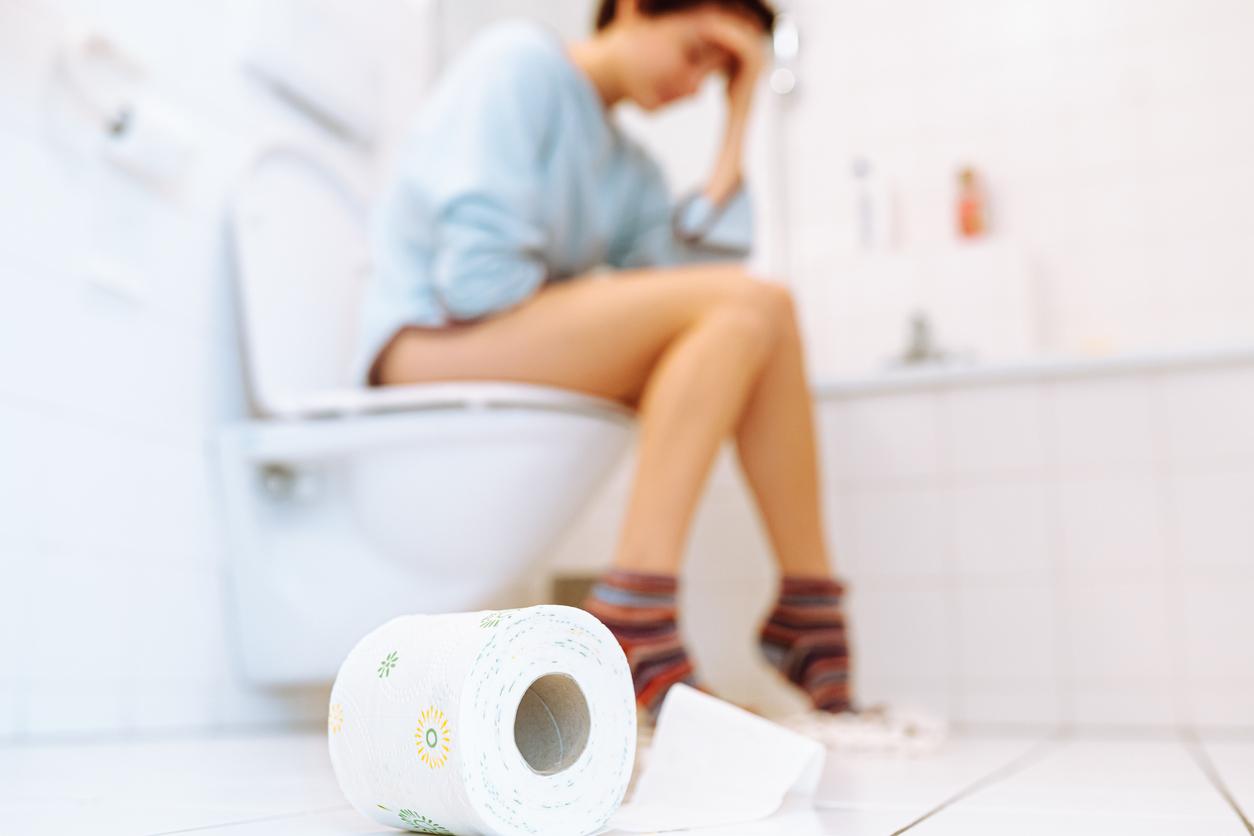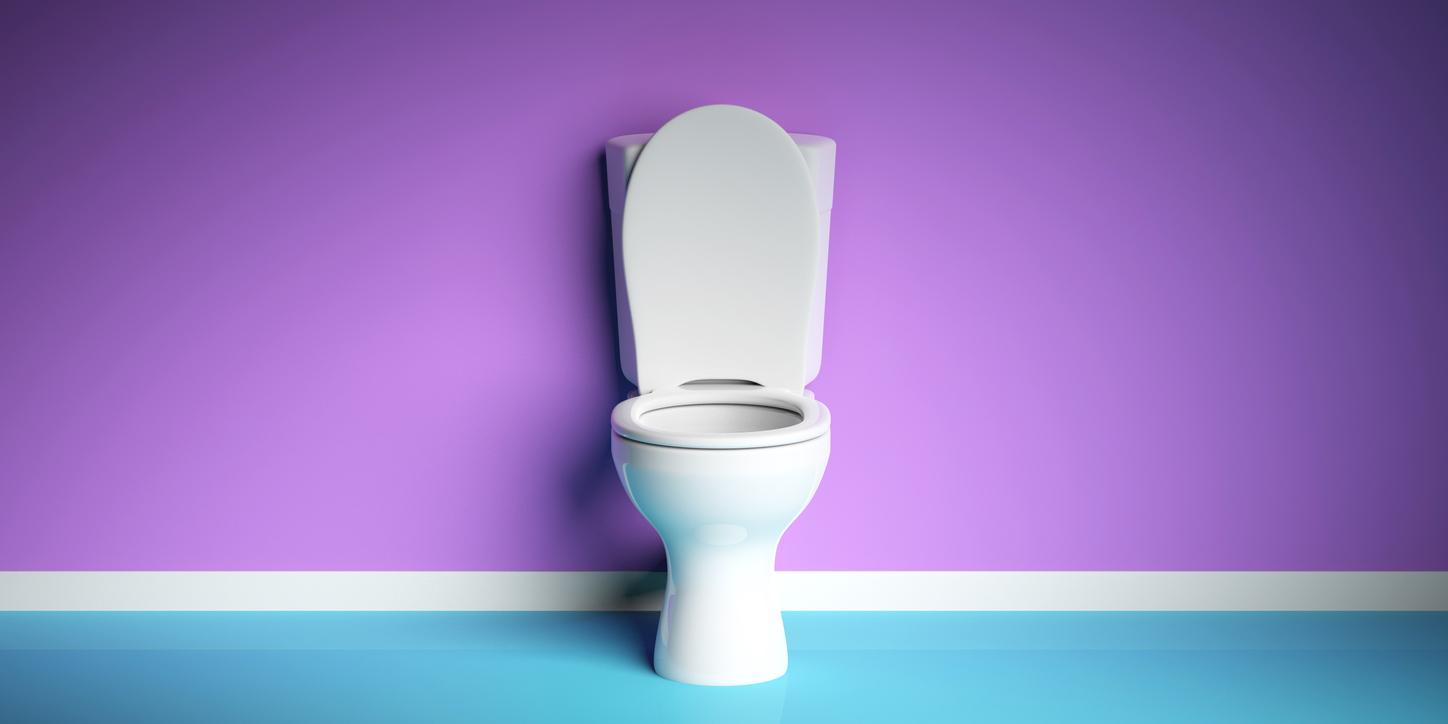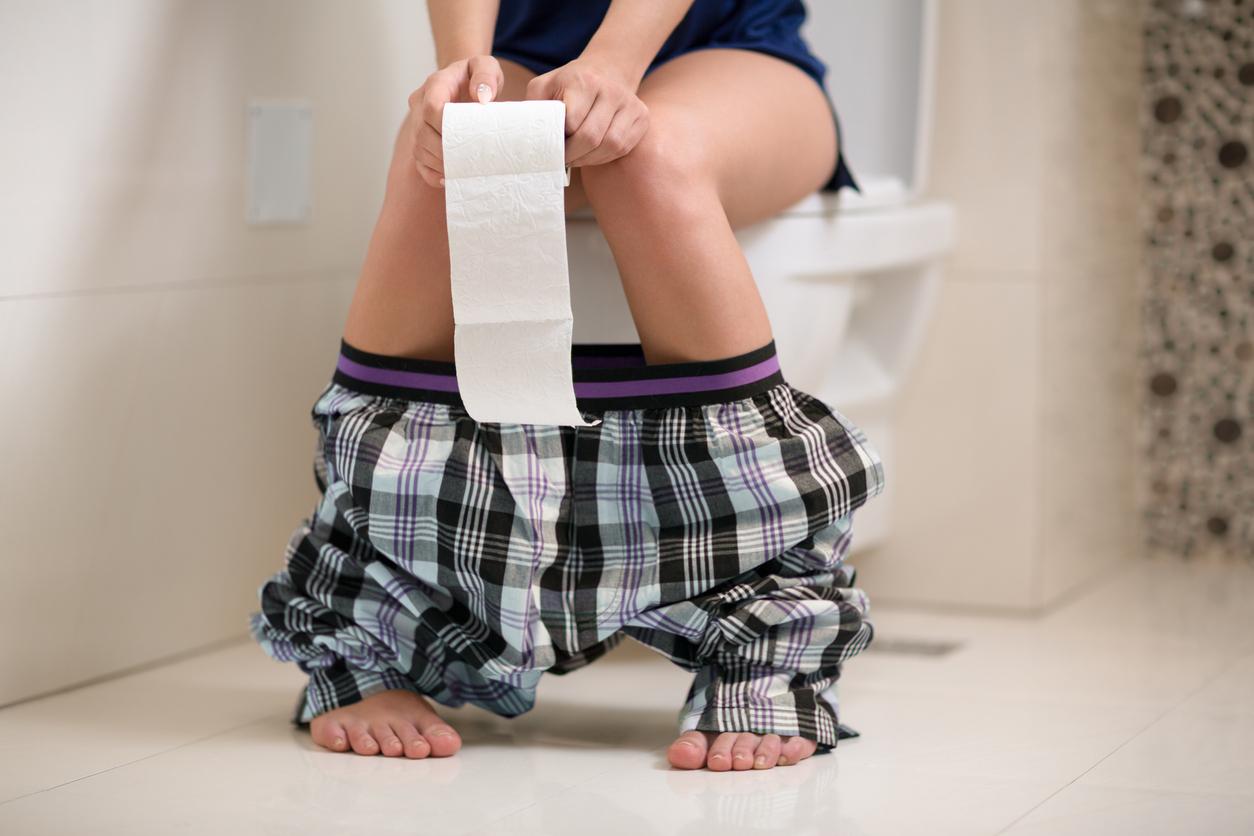A third of the world’s population still goes without a toilet, which fosters the spread of many diseases and leads to many deaths.

Among the 7 billion human beings who inhabit the Earth, 2.5 billion are deprived of decent toilets, is alarmed Water Coalition, a collective of 28 NGOs, on the occasion of World Access to Water and Sanitation Day, better known as “World Toilet Day”.
While access to drinking water and sanitation was recognized as a human right in 2010, “these people use buckets, plastic bags, holes, shared toilets, or even latrines. poorly insulated pit. A billion of them are forced to defecate in the open air, in the fields, in the streets or in the rivers ”, deplores Coalition Eau.
2,000 children die every day
The consequences of this cruel lack of hygiene are especially visible in Africa and Asia, especially in rural areas. However, the developed regions are not spared: in the European Union, more than 20 million citizens do not have access to adequate sanitation facilities.
“Since they are not stored in an enclosed place, nor evacuated far from living quarters to be treated, excreta, which are reservoirs for microbes, are disseminated in the environment,” explains Coalition Eau. Bacteria and viruses then spread everywhere, contaminating neighboring waterways and infiltrating the soil.
According to estimates by the World Health Organization, 1.6 million people die from diarrheal diseases (including cholera). Among them, 90% are children under 5, or more than 2,000 per day.
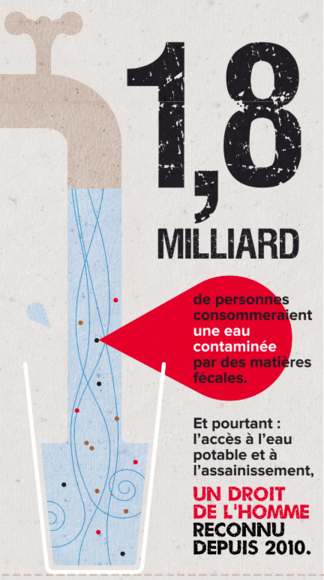
Source: Coalition Eau infographic
Simple solutions exist
The lack of hygiene, drinking water and sanitation also favors school absenteeism, attacks on women who seek an isolated place in which to relieve themselves, as well as malnutrition.
However, simple and inexpensive solutions exist. Ecological sanitation techniques such as dry toilets that make compost are promising.
.







